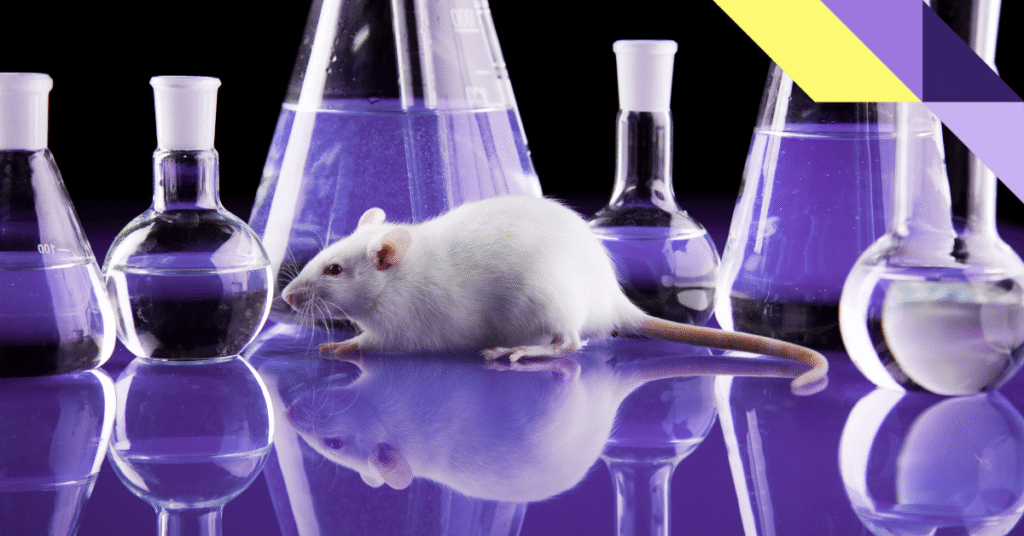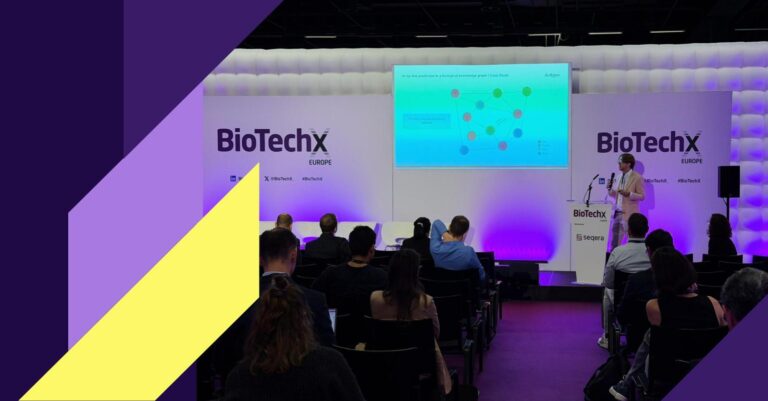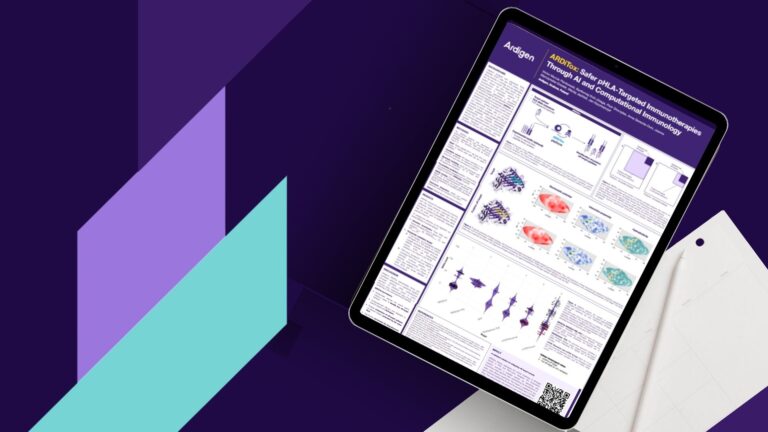Top market ‘AI in biotech’ stories
In just 3–4 minutes, catch up on the innovations reshaping drug discovery and biomedical research. We are delivering fresh insights to your inbox on the second Tuesday of each month, so you can stay informed and inspired. Happy reading!
In today’s edition:
 Text-guided protein design
Text-guided protein design Animal-free toxicity studies
Animal-free toxicity studies LLM for single-cell RNA-seq
LLM for single-cell RNA-seq FDA clears Precision’s BCI implant
FDA clears Precision’s BCI implant MethylGPT: epigenetic signatures model
MethylGPT: epigenetic signatures model

ProteinDT framework fuses text and biology to advance AI-guided protein design
A joint team from UC Berkeley and Caltech has introduced ProteinDT, a multimodal AI framework that harnesses natural language to design novel proteins. By aligning text with protein sequences and structures, the system translates descriptions of protein properties into functional biomolecular designs. ProteinDT achieved over 90% accuracy in text-to-protein generation and outperformed six leading models across editing and prediction tasks, signaling a powerful new direction in AI-enabled drug discovery.
source: nature
FDA embraces AI and human-relevant models in shift away from animal testing
In a major regulatory shift, the U.S. FDA will begin replacing animal testing with AI models, organoids, and organ-on-chip systems in drug development—starting with monoclonal antibodies. The agency’s new roadmap encourages use of “New Approach Methods” (NAMs), including AI-based toxicity prediction and lab-grown human tissues, in investigational new drug (IND) applications. The FDA will also consider real-world safety data from international regulators and plans to pilot non-animal testing strategies with select developers. This move promises faster, more ethical drug evaluation with improved human relevance.
source: FDA
Google’s C2S-Scale: A breakthrough in single-cell RNA-seq analysis using LLMs
Google researchers have introduced C2S-Scale, a new family of large language models trained on over one billion tokens of transcriptomic and biological text data. By transforming single-cell RNA-seq profiles into “cell sentences,” C2S-Scale enables natural language understanding and prediction of cellular behavior, outperforming specialized models across tasks like perturbation response prediction and biological reasoning. This platform paves the way for “virtual cells” that could accelerate drug discovery, disease modeling and personalized medicine.
source: biorxiv
Precision Neuroscience earns FDA clearance for high-resolution, minimally invasive brain-computer interface
Precision Neuroscience has received FDA clearance for its Layer 7 Cortical Interface, a minimally invasive brain-computer interface (BCI) implant designed for temporary use in neurosurgical settings. The ultra-thin, flexible electrode array can be inserted via sub-millimeter incisions, allowing real-time neural recording and stimulation with 1,024 electrodes. The device, which builds toward a broader BCI platform, enables clinical brain mapping while preserving reversibility and scalability. With backing from major investors and active trials in 37 patients, Precision aims to power next-gen neural decoding systems for applications including epilepsy surgery and motor control restoration.
source: firecebiotech
MethylGPT: a foundation model decoding the human methylome
A team of researchers from the Harvard Medical School has developed MethylGPT, a transformer-based foundation model trained on over 150,000 DNA methylation profiles across diverse tissues. The model achieves high accuracy (Pearson R=0.929) in predicting methylation levels, age, disease risk and mortality—even with up to 70% missing data. MethylGPT’s biologically meaningful embeddings reveal regulatory features and aging pathways, making it a powerful tool for epigenetic research and precision health.
source: biorxiv




